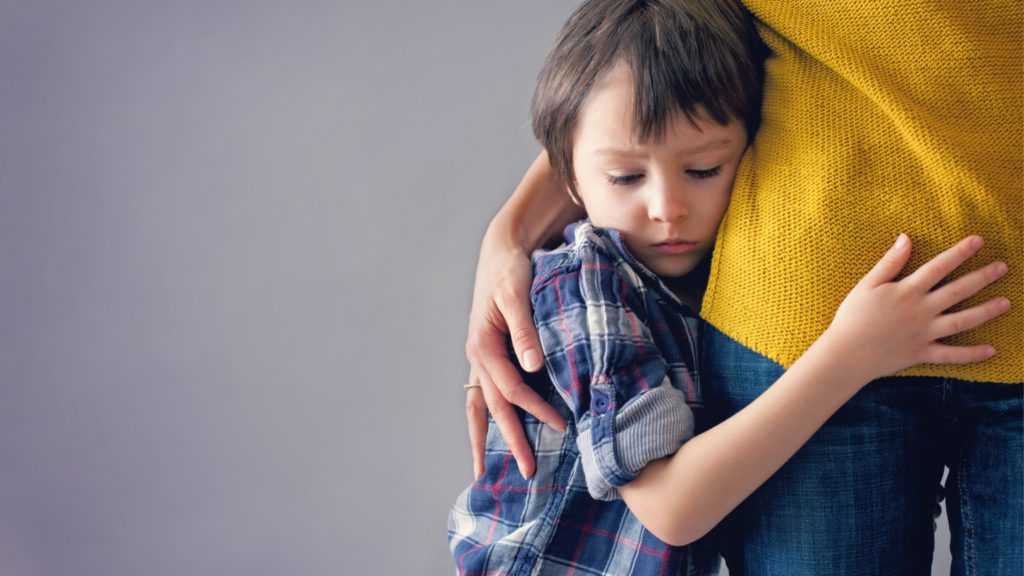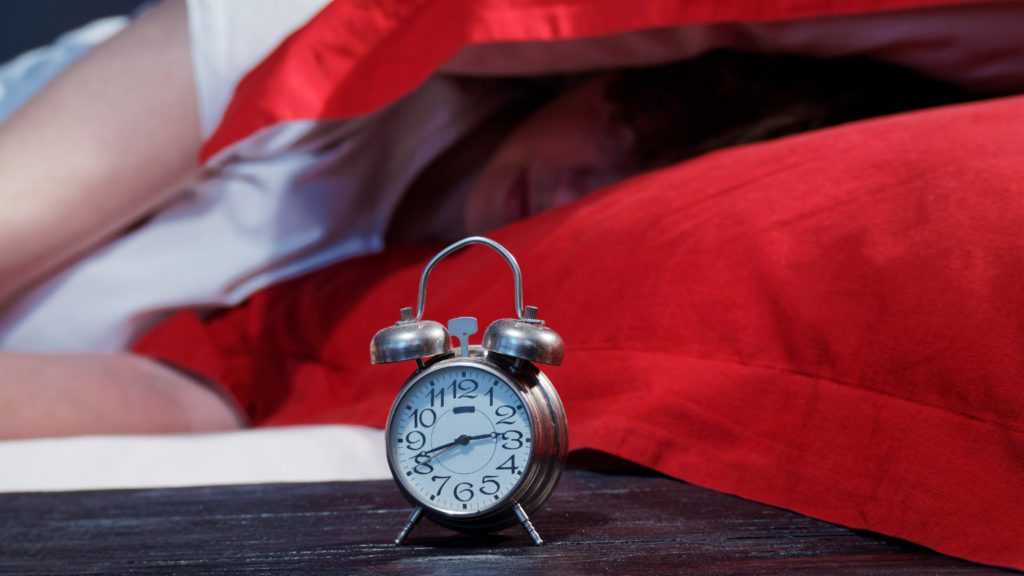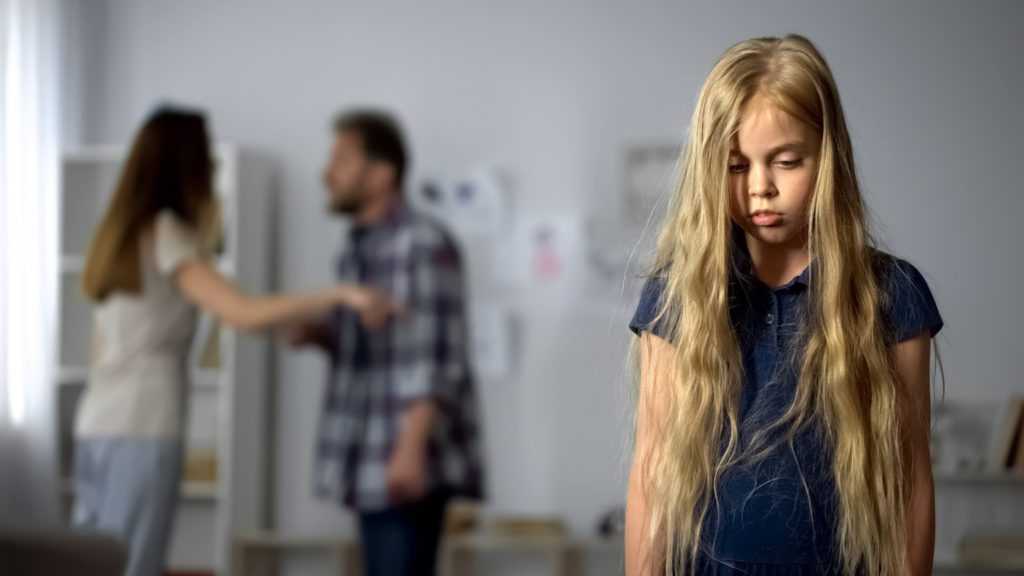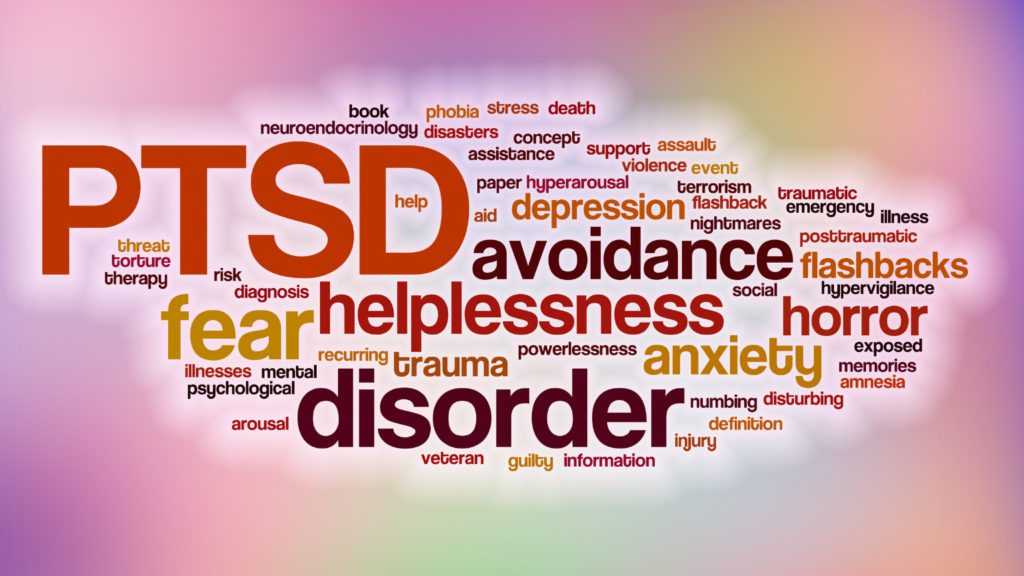‘Learn the difference between your intuition guiding you and your trauma misleading you.’
Does your child often throw tantrums? Or do you, as an adult, still have sleepless nights? These might be the after-effects of childhood trauma. Childhood trauma is very real. Although adults frequently say, “He was so young when that happened; he won’t even remember it as an adult,” childhood trauma can have long-term consequences. And, while such children may be resilient, they are not made of stone.
According to research, the impact of experiencing childhood trauma on the brain is just as intense as that of a war. This must not be taken lightly. People who have had a traumatic childhood are more likely to suffer from mental illnesses. They need to feel safe and loved. Before we go deeper into childhood traumas, it is vital first to understand what those traumas are.


Childhood Trauma
Trauma is a strong emotional reaction to a disturbing event that threatens or causes harm. It can either be physical or emotional, real or even perceived. Trauma can occur due to a single event or repeated exposure to multiple upsetting events over time. Each individual reacts to trauma differently; fight, flight or freeze. These are the built-in defence mechanisms that are completely automatic and unconscious.
Childhood traumas are more common than you might think. By the age of 16, more than two-thirds of children report having experienced at least one traumatic event. Childhood trauma does not necessarily have to happen to the child directly; it can be passive, such as seeing a loved one suffer.
Symptoms Of Trauma In Children
Following are the symptoms of childhood trauma:
- anxiety
- hypervigilance
- difficulty sleeping
- inability to concentrate
- wetting the bed
- nightmares or flashbacks
- unable to give or receive love
- signs of obsessive-compulsive behaviours
- shyness
- poor self-image
Learn more about the mental health disorders in children here.


Types Of Childhood Trauma
Following are the different types of childhood trauma:
Physical Abuse
“If you don’t finish your homework on time, I’ll smack you” is a very common threat given to children who are either lazy or don’t do their homework, as long as it stays a threat. But actually hitting your child can cause a traumatic impact on them. In our society, slapping, hitting and physically punishing children is practised in homes. Especially young boys are beaten if they make a mistake.
It is essential to understand the psychological impacts of beatings. It may stop the child from doing something wrong but will negatively affect them in the longer run. Hitting children morphs them into frustrated and resentful adults, who in turn hit others out of aggression. According to studies, the more a child is hit, the more defiant they become towards authority. They are more likely to hit their partners and suffer from mental issues like anxiety or depression.
Emotional Abuse
It is never okay to say unkind and threatening words, especially to children. You must consider the fact that children impersonate the adults around them. Emotional abuse can be in the form of:
- taunts
- calling names
- threatening
- insulting
- withholding love and support
Emotional abuse negatively affects the self-esteem of the children. Such children grow up to be unconfident and timid adults with low self-esteem. They constantly seek out validation and are unable to make decisions on their own, fearing failure. Usually, children are insulted or yelled at for making mistakes. This leaves them feeling bad about themselves and believe they are no good.


Sexual Abuse
Sexual abuse in children is common because children do not comprehend this act and do not know consent. Fondling, exhibiting private body parts and touching children are practised. Abusers use a variety of tactics to persuade victims to remain silent about sexual abuse.
An abuser will frequently use their power over the victim to intimidate the child. They might persuade the child that the activity is normal or enjoyable. If the child refuses to participate or plans to tell another adult, the abuser may make threats. Child sexual abuse is a violation of trust and authority and is despicable.
Unhealthy Parent Relationships
If a couple does not have a healthy relationship, their children are likely to suffer. Continuous fights among them disturb the children mentally, and such children can not maintain future relationships. They are afraid of conflicts and disagreements. Unhealthy relationships with such parents is an example of toxic relationships. Such parents typically do not treat their children as individuals. They refuse to compromise, accept responsibility for their actions, or apologize. This leaves a deep mark on the child’s psychology.


Death Of A Loved One
Death is the vaguest yet inevitable concept in our lives. Anyone can die. Losing a loved one, however, is very traumatic. If a child witnesses the death of a loved one, it is vital to show them support instead of just brushing it away. Losing a caregiver, such as a mother or father, can have serious personality effects. The absence of such love and nurturing leaves a hole inside them. Such children may grow up to be distant and not know how to express their emotions.
Read more about the common childhood traumas here.
Childhood Trauma In Adults
Childhood trauma erodes a child’s stability and sense of self, undermining self-worth and frequently following the child into adulthood. If a child comes from a home that does not provide them with a sense of security and protection, they may grow up by developing their own forms of coping mechanisms that allow them to function day to day to survive. They may walk on eggshells because they have grown accustomed to a parent or caregiver lash out. As a result, the individual is hypersensitive to each interaction and the moods of others, fearful of erupting into a rage. They learn to adapt by suppressing their emotions and creating ripples.
Childhood PTSD
Post-traumatic stress disorder (PTSD) is a psychological disorder brought on by traumatic events. Children who have PTSD may relive the trauma in their minds over and over again. They tend to avoid anything that reminds them of their past trauma, or they may play out their trauma. Children may believe they missed warning signs that foreshadowed the traumatic event. In order to avoid future traumas, they become hyper-vigilant, looking for signs that something terrible is about to happen again.


Look out for the symptoms of childhood traumas in your children. It is imperative to rule out the problems your child might be facing. If you find any signs, reach out to a certified psychologist for help immediately.
FAQs
1. How can we rule out childhood trauma?
You can look out for the signs of childhood trauma such as anxiety, troubled sleeping, nightmares, bed-wetting, changes in dietary habits etc.
2. Are childhood traumas very serious?
Yes, childhood traumas are very serious and should be addressed immediately. They can have life-long impacts.
3. Can someone have PTSD without memory?
Yes, you can have PTSD without proper memory of the traumatic event.
Book an appointment now to answer all your queries. You can book an appointment with the best psychologists in Pakistan through Marham by calling the Marham helpline: 0311-1222398 or by online booking facility through the website or Marham mobile app.
Can’t Find The App?
Android Users:
https://play.google.com/store/apps/details?id=controllers.marham.marhammed&hl=en
Drop a review for us at Playstore if you’ve had a good experience!
iPhone Users:
https://apps.apple.com/pk/app/marham-find-a-doctor/id1095243102
Stay Home. Stay Safe!

